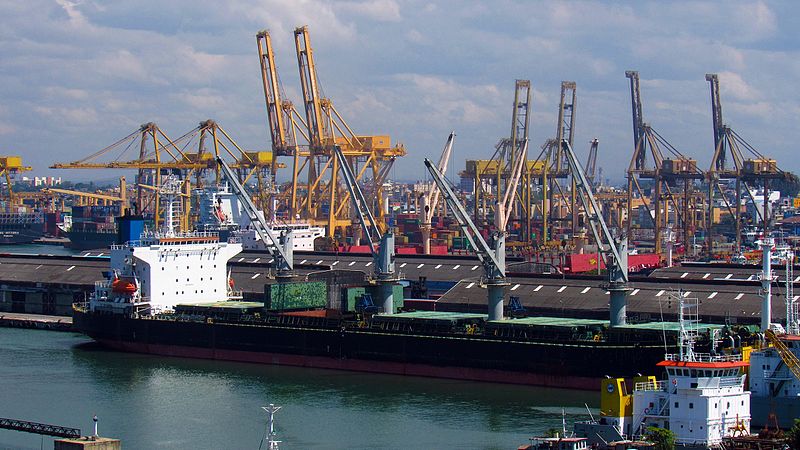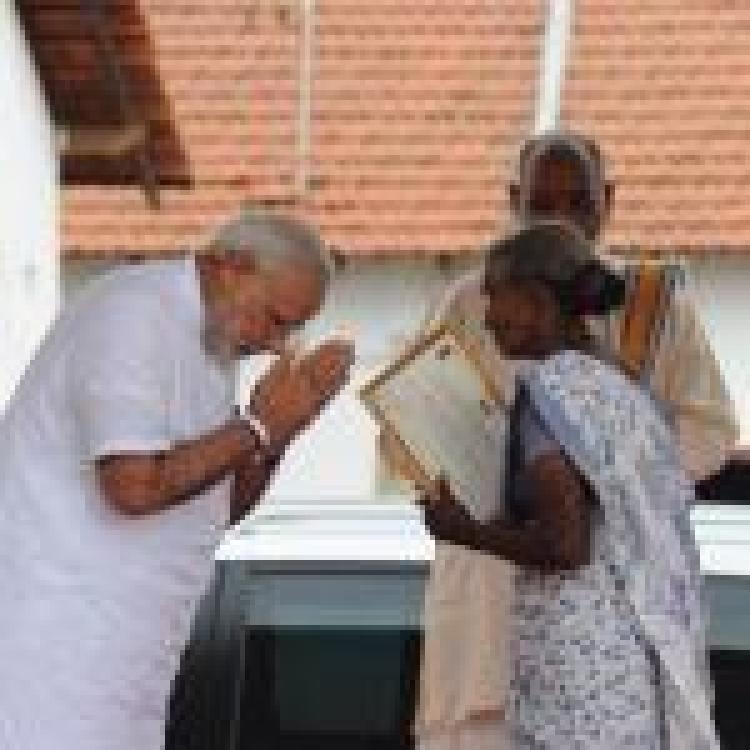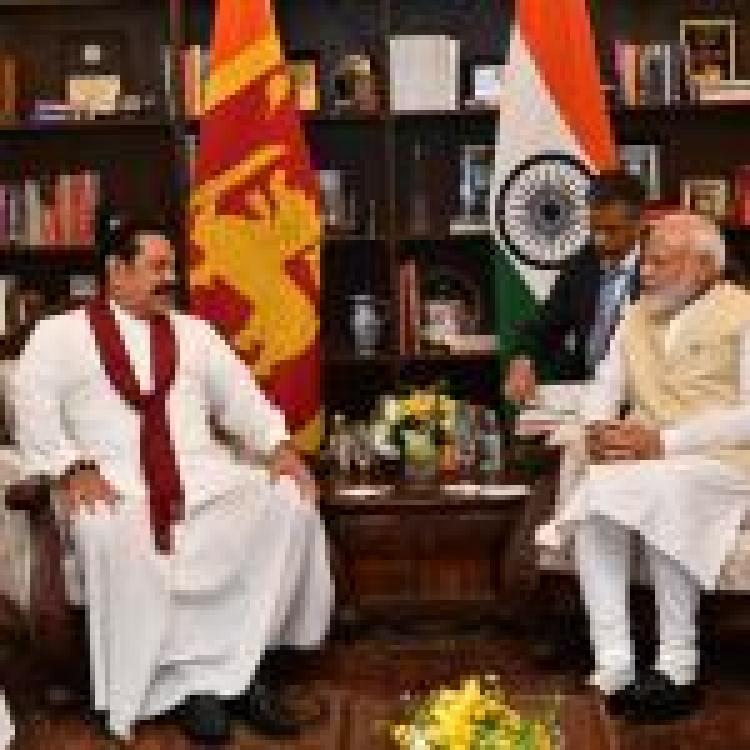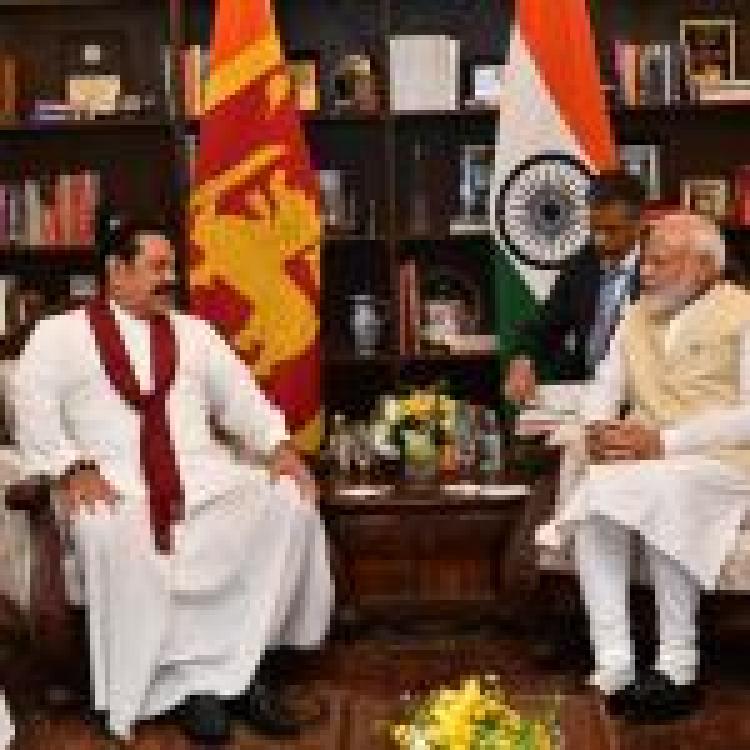
Following Sri Lanka’s unilateral withdrawal from the East Container Terminal (ECT), worth an estimated $700 - $800 million dollars, India has reportedly rejeted discussions on the West Container Terminal (WCT).
The proposed WCT deal was offered as an alternative to the ECT agreement and would have seen the development of a port in a similar location. Unlike the ECT which saw India and Japan hold only a 45% stake in the port, the WCT would have seen these investors secure the majority stakes of 85% for 35 years whilst Sri Lanka retained only 15%.
Despite India’s withdrawal from discussions, Sri Lankan Minister, Udaya Gammanpila, has insisted that conversations are ongoing with the Adani Group, an Indian business with ties to Indian Prime Minister Narendra Modi.
Nationalist backlash
Sri Lanka’s withdrawal from the ECT agreement was due to opposition from trade unions as well as Sinhala Buddhist nationalists, who decried the deal as “Indian invasion”. They had voiced virulent opposition to the proposed measure as it was seen as selling off national assets to foreign powers.
Responding to criticism that the WCT would similarly be selling off a national asset and granting India and Japan the majority stakes, Gammanpila claimed the WCT was not a strategically important terminal.
The “WCT is not considered as important as the ECT, therefore, their [Adani Group’s] experience in the port sector would be considered as a positive factor, not a negative factor” he said last Tuesday.
However, as Meera Srinivasan notes, the main opposition party the Samagi Jana Balawegaya (SJB, or United People’s Front) as well as the Janatha Vimukthi Peramuna (JVP), have opposed the WCT and accused the government of back-tracking.
“Purely political”
Commenting on the rejection of the ECT, Rohan Masakorala, maritime shipping expert and CEO of the Shippers’ Academy Colombo, described the decision as “a big mistake” and “purely political”.
“Making the ECT a 100 % public terminal without a partnership with international consortiums or port operators is purely a political decision, not an economic one,” he told the Hindu.
He further raised concerns over the economic harm noting the cost to Colombo Port in its efficiency in the medium to long term.
“It also gives potential investors here mixed signals, because the government’s position was volatile and not direction driven,” he added.
Industry experts have stressed the need for Colombo to collaborate with foreign shipping companies, port operators and logistics companies, if it is to become an international hub, writes Srinivasan.
81% of the total cargo arriving at the Colombo Port is transhipment cargo, while only 19% accounts for domestic cargo. Over 70% of the transhipment business is linked to the Indian market – this has been reason has been cited by successive governments cited for Indian involvement in the terminal development projects, Srinivasan notes.
India’s refusal to engage in discussions over the WCT come as Indian High Commissioner Gopal Baglay has undertaken a four-day tour of the northern and eastern provinces. During his visit, he has met with a variety of Tamil political leaders to discuss projects funded by India. This also comes as Indian Prime Minister Narendra Modi has stressed the need for full implementation of the 13th Amendment.
Read more here.






